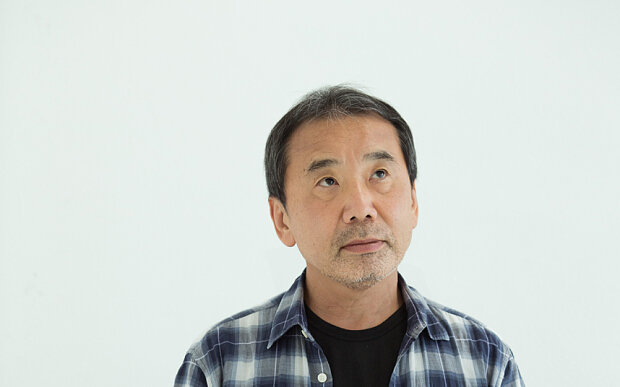Loose Canon Part 2: What Overlooked Classics Should More People Know?
Haruki Murakami (Photo: Rick Pushinsky)
For this episode I am joined again by my friend Lauren McCrimmon for part two of our conversation on the literary canon. If you haven’t heard part one yet, I would encourage you to listen to that first, as this show picks up where that one left off. But just to recap, we are looking at the list of the most-assigned literary texts in colleges, as documented by opensyllabus.org, to ask: how do we decide what gets to be included in the literary canon, and what major texts do we feel get over or underrepresented by our education system? In the last episode we discussed many of the most-read books from the list, like Frankenstein, The Canterbury Tales, or The Adventures of Huckleberry Finn, and so for part two we’re going to focus more on what changes we would make to how the canon is taught. What books or works do we want to see receive more attention, and how would we make room for them? We also consider how the canon could be more generous in its inclusion of other genres, like science fiction or fantasy, and how to bring more writers from other countries into our classrooms.
This episode is a bit on the shorter side, and serves as more of a coda to part one, but there’s still plenty to discuss on James Baldwin, Haruki Murakami, and even the role journalism can play on course syllabi. Where we last left off in part one, we had just been starting to look at what we’d want to see taught more often. I had suggested replacing some of Shakespeare’s massive presence across syllabi with more Chekhov, and the ball is in Lauren’s court. So let’s pick up from there, starting with her thoughts.
Follow us:
Sean Douglass
@_SeanDouglass_
The Plot
@ThePlotPodcast

